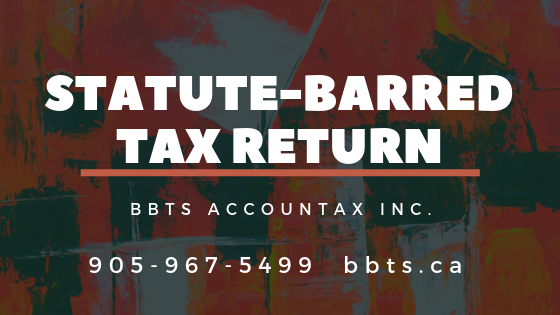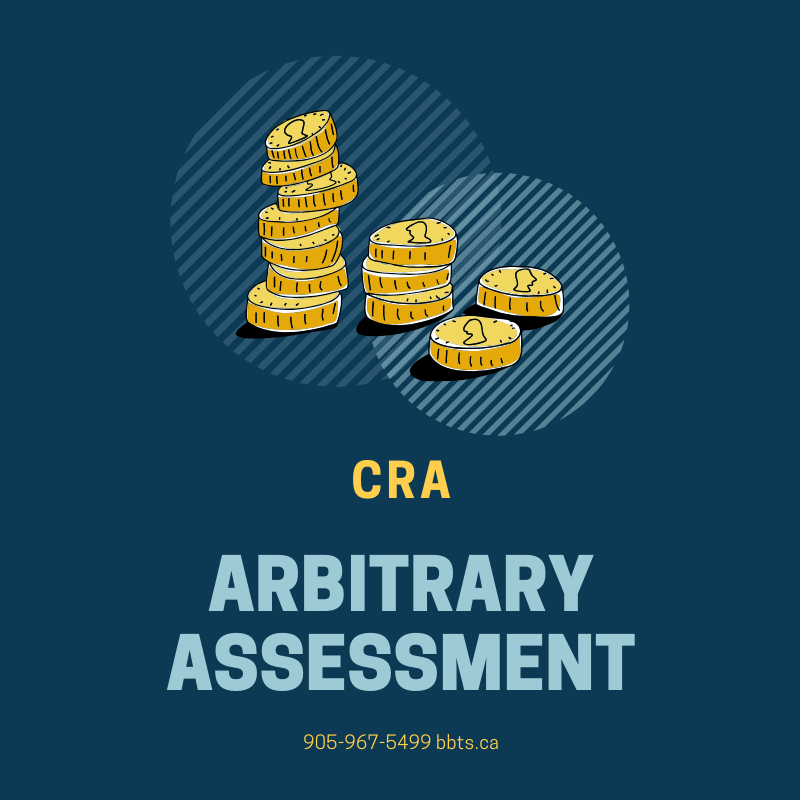CRA Reassessment: How Far Back Can It Go?
For individuals, trusts and Canadian Controlled Private Corporations (CCPC’s), the normal reassessment period for Canadian income taxes is three years from the date that your tax return was initially assessed. For non-CCPC’s and mutual fund trusts, this period is extended to four years. After that, the returns enter a statute barred period.
A tax return does not become statute-barred if it is not filed.
If an arbitrary assessment is issued without a return being filed, the statute-barred clock starts from the date of mailing of such Notice of Assessment.
There are many exceptions to these rules.
The following situations could extend the statute barred period by an extra 3 years:
- Foreign reporting (Form T1135).
- A loss carry back from a later tax year is applied to an earlier tax year.
- A non-arm’s length assets transaction involving the taxpayer and a non-resident.
The following situation would result in an unlimited reassessment period:
- The taxpayer made a misrepresentation due to neglect, carelessness, wilful default or fraud.
- The taxpayer filed a waiver in respect of the normal reassessment period.
- CRA can examine a statute-barred return to determine the cost of an asset for CCA claims in non-statute barred years.
- A court has instructed CRA to reassess a statute barred period


